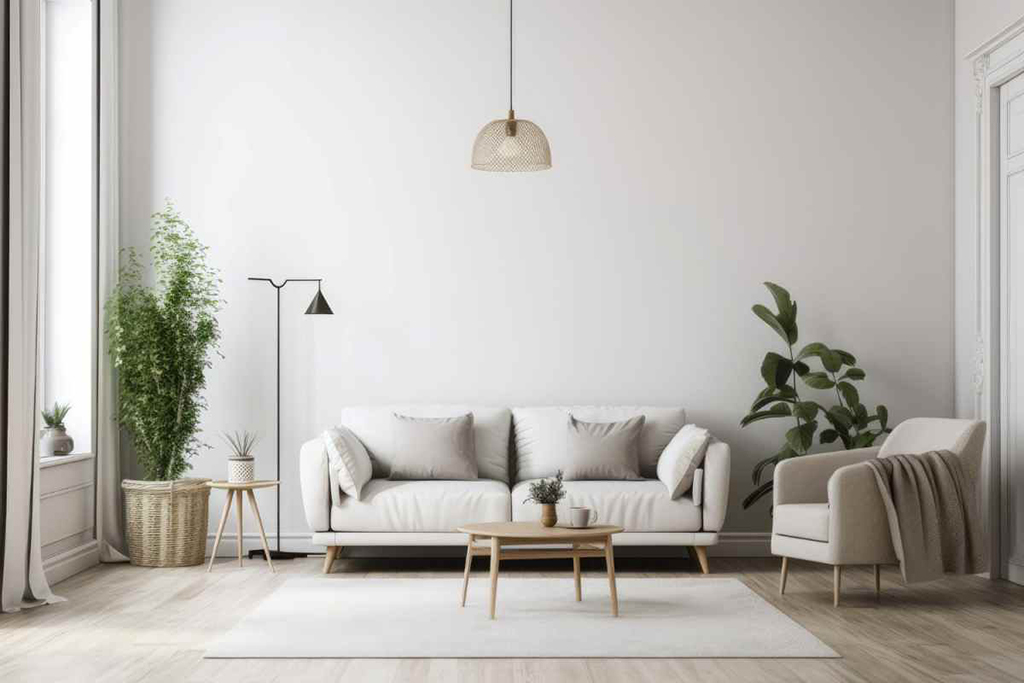

Have you ever heard of indoor pollution? It is one of the problems of our days: the air in our homes is often not of quality. A lot has changed since the Covid-19 pandemic, in which we have all paid more attention to indoor air recirculation.
We discovered tricks and products, such as the Plasma Quad active filtration, which reduces up to 98% of allergens in the air: in spring, it is an indispensable tool. Let’s dive deeper into why indoor air quality is important and what we can do.
Air pollution, what does it affect?
We cannot underestimate the effects of air pollution in any way. Which does not only concern the outdoors, but also the indoors, i.e. the pollution present in our homes. Is the air we breathe really clean? Let’s keep in mind that since 2000 the healthiness of the air in the home has been considered a fundamental human right, according to what has been established by the WHO (World Health Organization).
But who are the main culprits of indoor pollution? As reported by the Ministry of Health, we come into contact with some substances that are able to alter indoor air quality: chemical, biological and physical agents. Some of them come from outside, but other substances are produced internally.
As a result, indoor sources of pollution include dust, which is a receptacle for microorganisms, or the occupants themselves (us, our animals), but furniture and systems also influence air quality. Among the activities that contribute to the pollution of a closed environment we mention smoking, cooking food, and the materials used for construction.
What symptoms does indoor pollution cause?
We believe that it is also very important to focus on the consequences of a lack of attention to the quality of the air we breathe in our home.
When we are exposed to indoor pollution, we can develop some symptoms, including allergic diseases, asthma, respiratory disorders, respiratory infections, irritative disorders. These are just some of the disorders that can manifest themselves over time and that give us a measure of how important it is actually to take precautionary measures.
How to prevent polluted air in the home?
Beyond the good habits that we should all adopt and which we will talk about, we can choose to invest in technology with an active air filtration system: evaluating the purchase of a device designed to combat indoor pollution, which filters and breaks down viruses, bacteria and mold, is one of the methods to ensure better air quality.
In any case, there are many precautions that we can put into practice: one of the tips we give is not to keep pollutants at home, such as paints, gasoline, solvents or glues. These products should be stored outside the home, in a separate environment, such as the garage or basement.
After each activity, we should always ventilate the house: for example, after cooking, as it is essential to prevent the stagnation of vapors and fumes. The smoke settles on surfaces and is then inhaled by those who live in the house.
Other good habits to consider include dusting and cleaning regularly, changing bed linen frequently, and checking the kitchen, heating and all gas appliances. With a little extra care, it is quite possible to breathe clean air in your own home.
TID nasce con un grande obiettivo: creare un network in grado di far circolare le idee più giovani e creative nell’attuale panorama del design rendendo così più efficace e semplice l’incontro tra domanda e offerta. Giovani designer e architetti possono caricare online i propri lavori, a fianco di quelli dei professionisti già affermati, creando una proposta unica nel panorama mondiale: un’infinità di idee, spunti, proposte che ti aiuteranno ad arredare casa, ufficio, locali, seguendo le idee più attuali e interessanti.